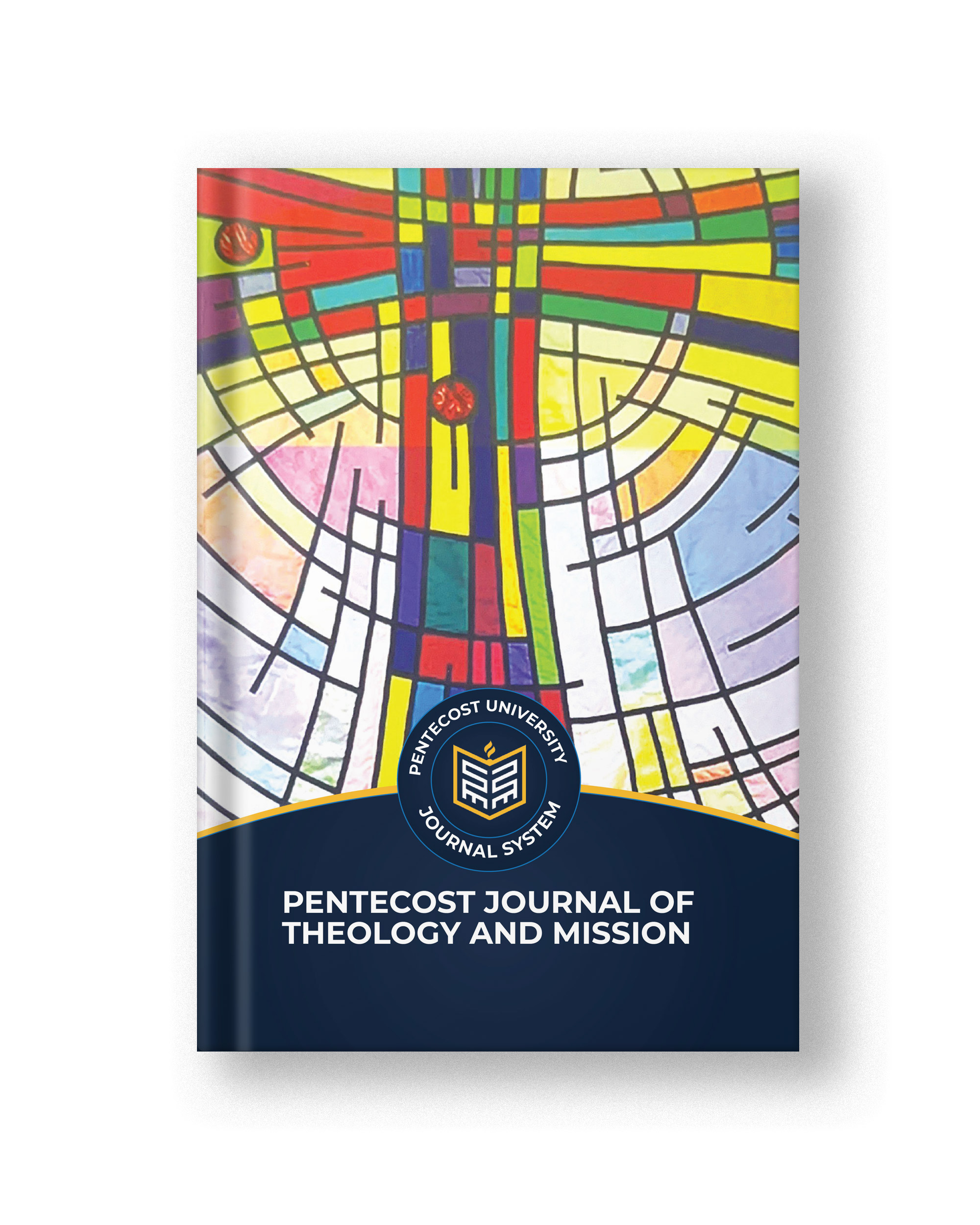Pentecostal Spirituality and the Theology of Prayer
Continuities and Discontinuities of African Indigenous Spirituality
DOI:
https://doi.org/10.62868/pjtm.v5i2.205Keywords:
African Spirituality, Indigenous religions, neo-Prophetic, Pentecostal, PrayerAbstract
This study employs a conceptual research method to examine the continuities and discontinuities of African indigenous religious prayer practices within the context of emerging Pentecostal and neo-Prophetic movements in Ghana, with the objective of theologising the spiritual practice of prayer in Pentecostalism. The nomenclature and practices of African indigenous religions resonate profoundly with many Africans, cultivating a strong subconscious connection to these activities. As a result, neo-Prophetic churches have integrated certain prayer practices from African indigenous religions that resonate with their followers during prayer sessions. These practices aim to encourage followers to engage in their faith more easily. Research indicates that Ghanaian Pentecostal prayer while preserving connections to African indigenous religions—such as seeking prayer consultations through prominent figures who require compensation for prayer rituals at designated prayer markets—also shows notable differences by abandoning traditional rites, sacrifices, and the consultation of mediums among neo-Pentecostals. Evaluating African Pentecostal and neo-Pentecostal worship exclusively through the lenses of drumming, singing, dancing, and worship as direct continuities of the African indigenous system would be unfair as other mainstream churches also incorporate these elements into their worship practices. Consequently, it can be concluded that emerging African Pentecostal prayer is not only connected to the themes of the African religious system but also diverges in certain aspects of worship.


